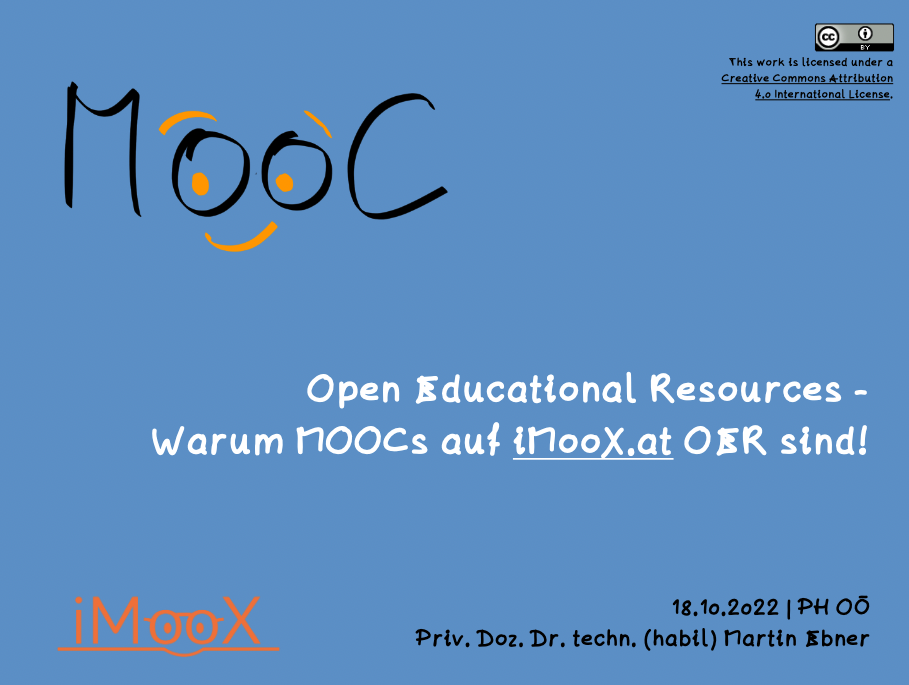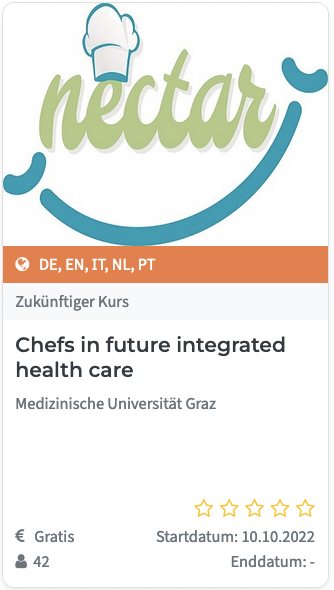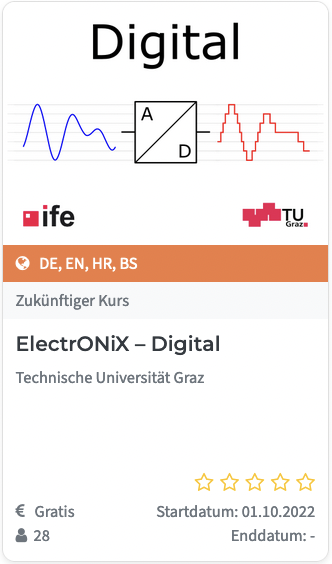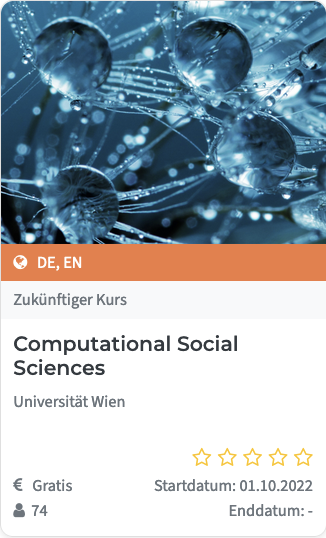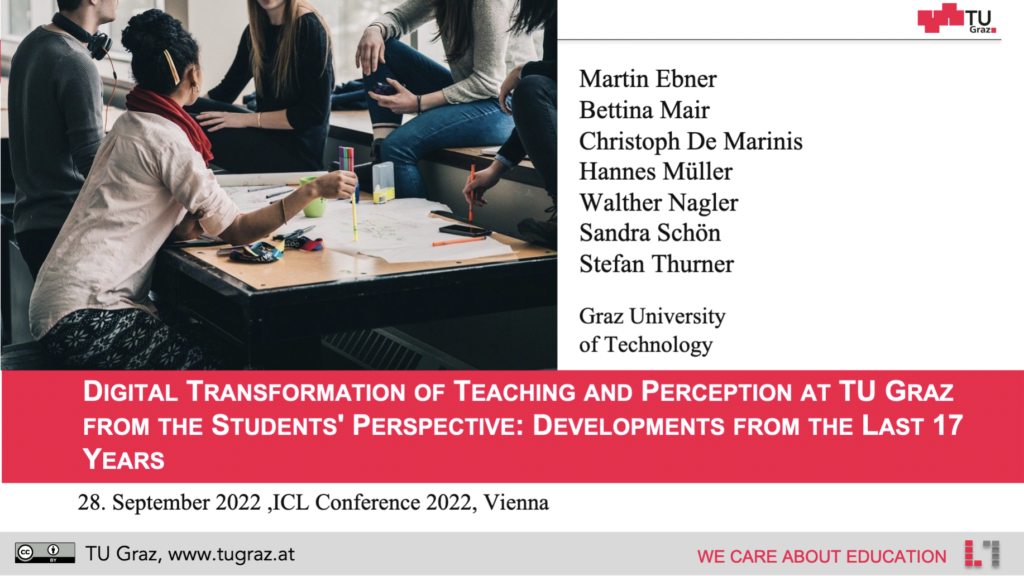One of our publication at ED-Media & Innovative Learning 2022 conference is about „How Activities Related to Maker Education Contribute to Overcome Entry Barriers for Girls into Formal Technical Education Pathways – Case Study of Holiday Camps at a Technical Secondary Vocational School in Austria„.
Abstract:
This research considers the suitability of holiday camps as possible entry routes into technical education pathways. Therefore, two very successful holiday camps at a technical secondary vocational school (HTL) in Austria were observed. Using a mixed method research approach, a gender-mixed camp for 13-year-olds with a technical theme is compared to an all-girls event for 8- to 12-year-olds focusing on creativity. We show the recruitment success of given events, but also consider potential biasing factors in the evaluation. A discussion of the most successful activity specifically designed for girls during the camp, creating luminous jewelry, is provided, and an analysis of the stakeholders´ perception reveals the importance of adapted wording in promoting technical activities for girls, as well as the need for the actions and artifacts produced to be meaningful in order to spark participants‘ interest in the tools used and, beyond that, into formal technical education pathways.
[article @ ResearchGate]
[article @ proceeding’s homepage]
Reference: Sagbauer, N.N., Pollak, M. & Ebner, M. (2022). How Activities Related to Maker Education Contribute to Overcome Entry Barriers for Girls into Formal Technical Education Pathways – Case Study of Holiday Camps at a Technical Secondary Vocational School in Austria. In T. Bastiaens (Ed.), Proceedings of EdMedia + Innovate Learning (pp. 463-469). New York City, NY, United States: Association for the Advancement of Computing in Education (AACE). Retrieved June 30, 2022 from https://www.learntechlib.org/primary/p/221329/.
